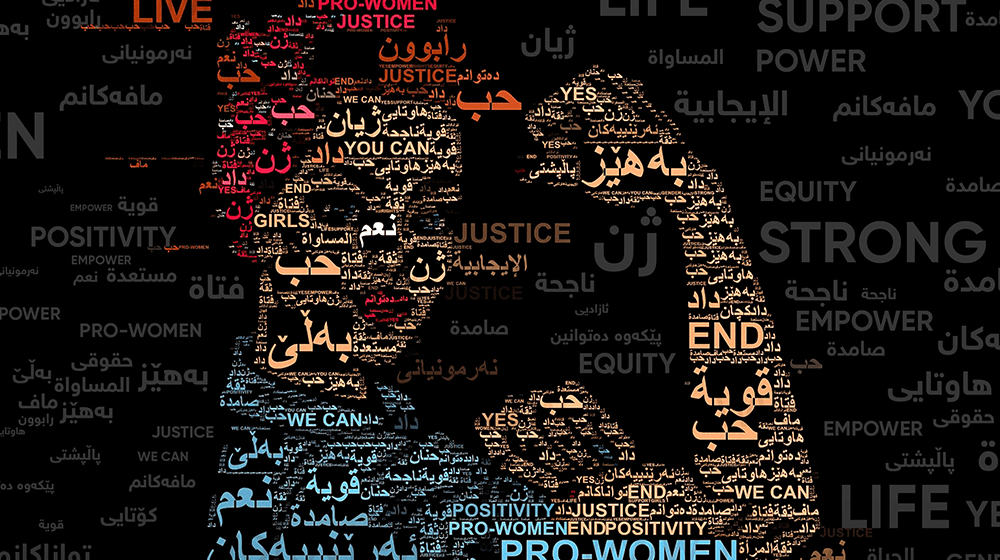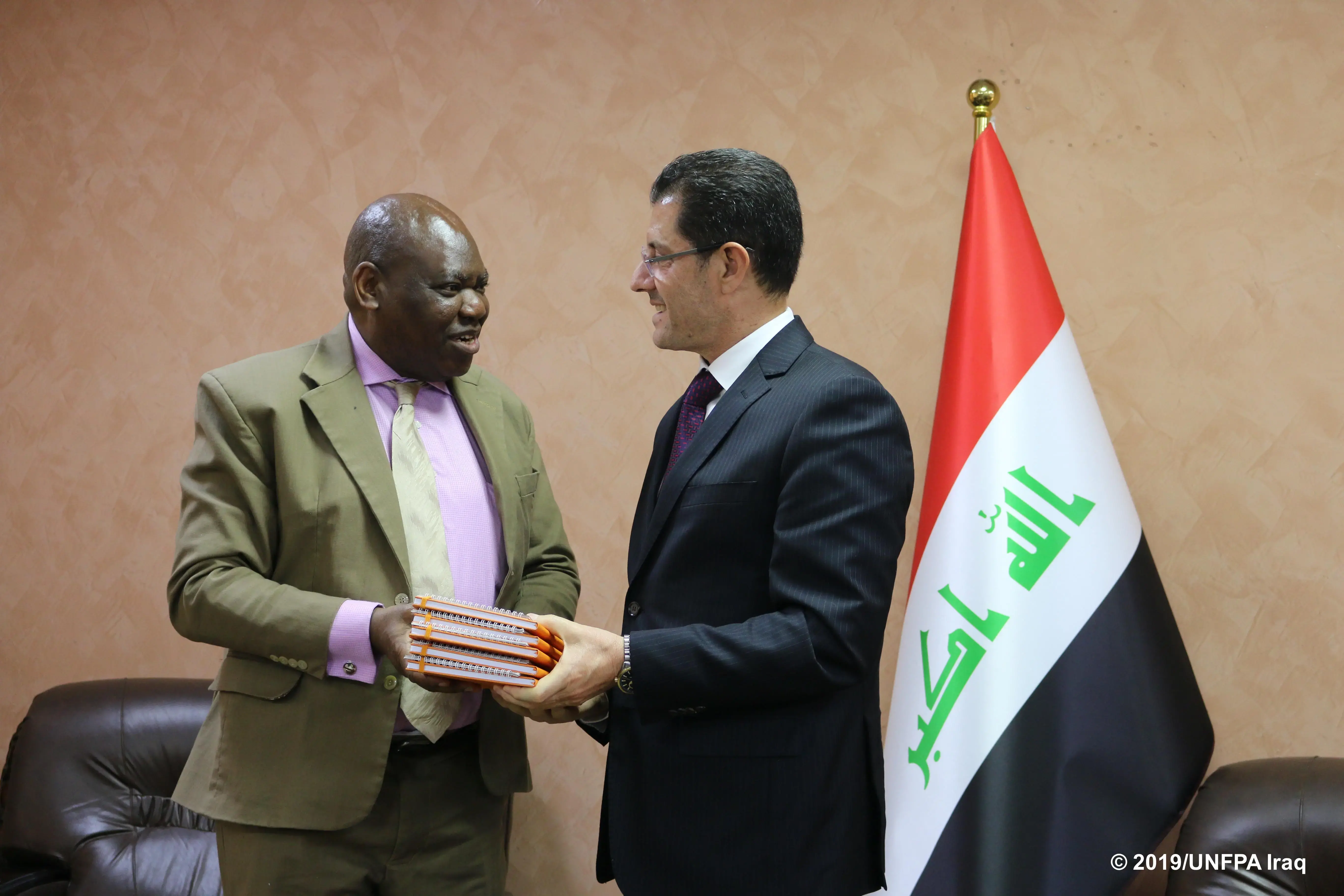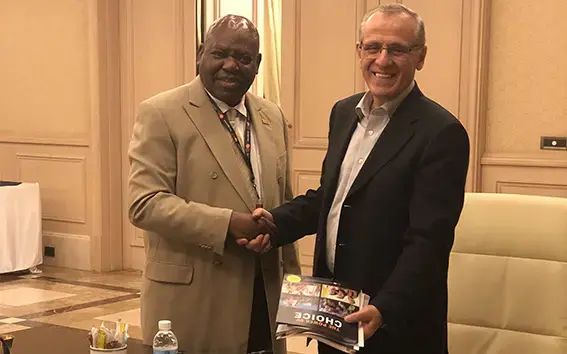24 November 2021; Baghdad, Iraq - As we mark the International Day for the Elimination of Violence against Women, and the launch of 16 Days of Activism Against Gender-Based Violence (GBV), we are reminded that GBV harms women and girls’ health and well-being.
According to the latest estimates, nearly 1 in 3 women aged 15 years and older around the globe, at least once in their lifetime have experienced a form of sexual and gender-based violence indicating that levels of violence against women and girls have remained largely unchanged over the last decade. Furthermore, the COVID-19 pandemic increased the risks for women and girls to undergo violence and abuse during the lockdown.
In Iraq, the Government and local actors, with support from the United Nations, are working to improve services for survivors, including access to healthcare, survivor-centred case management and legal assistance. Yet, more needs to be done.
GBV disproportionately harms women and girls because of their lesser socio-economic political power in relation to men and the discrimination they suffer to enter the labour market. Vulnerable groups like internally displaced persons, returnees, as well as Syrian and other refugees also face increased risks of sexual violence and exploitation.
We urge the Parliament to endorse the Anti-Domestic Violence law aimed at improving the judicial response to prosecuting GBV cases and ensuring that perpetrators are held accountable for their actions. Survivors of violence need protective spaces and environments to feel safe and empowered to thrive.
Countering impunity for perpetrators; providing survivor-centred care; improving services for survivors, economically empowering women through providing decent job opportunities and promoting culturally sensitive approaches to social change and positive behaviours of men and boys can help create conditions for women and girls to participate in societies free from violence and harassment, including in the workplace. The engagement of boys and men as allies to end gender-based violence is equally needed to create a safer society for women and girls.
We must stand together, speak up and take action against all forms of violence against women and girls in Iraq. We will continue our joint efforts to support the implementation of UNSCR 1325 advocating for women’s political participation and protecting women and girls from GBV.
Freedom from violence will help women and girls reach their educational and professional goals; achieve economic independence; build careers and contribute to the development of their communities and society at large.
Together, let’s End Violence Against Women Now!
Irena Vojáčková-Sollorano, UN Resident Coordinator and Humanitarian Coordinator for Iraq
Dr Rita Columbia, UNFPA Representative, Iraq
Dina Zorba, UN Women Representative, Iraq and Yemen
Zena Ali Ahmad, UNDP Resident Representative, Iraq
Sheema Sen Gupta, UNICEF Representative, Iraq
Ally-Raza Qureshi, WFP Representative, Iraq
Jean-Nicolas Beuze, UNHCR Representative, Iraq
George Gigauri, IOM Chief of Mission, Iraq
Maha Kattaa, ILO Country Coordinator, Iraq
Dr Ahmed Zouiten, WHO Representative, Iraq
Muhammad Usman Akram, Director, UNOPS Operational Hub in Amman
Danielle Bell, Representative, OHCHR, Iraq
Paolo Fontani, UNESCO Director and Representative, Iraq




